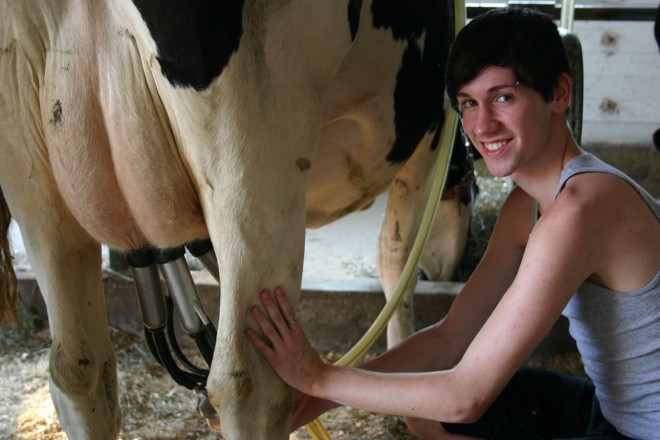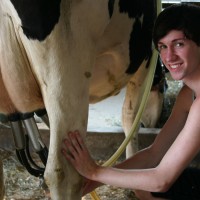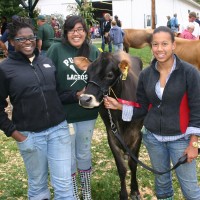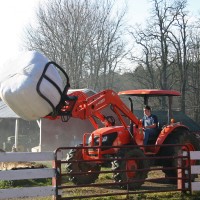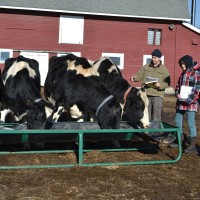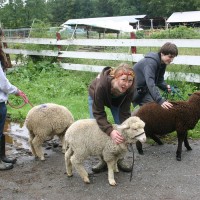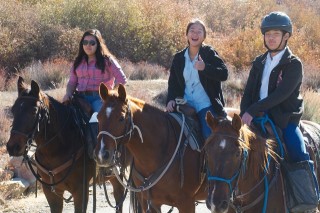At The Putney School in Vermont, there’s really no such thing as “extra-curricular.” The goal of the 9-12 coed boarding school is to provide students with an experiential education that includes both independence and responsibility. All activities—physical and intellectual, indoors and out—are part of the curriculum. To graduate, students must satisfy six work distribution requirements on what is also a 500-acre working dairy farm.
It’s not an unusual school day when, as part of Putney’s overall “Work Program,” students who are assigned to the early morning barn crew arise at 5:30 a.m. to feed and milk the school’s herd. They also clean the gutters, taking the manure to an area that transforms most of it into fertilizer for the cow pastures. Nothing is wasted, not even the waste. Then there’s watching over the newborn calves, 25 of which have been born this school year. The ritual is repeated at 4:30 p.m. with a separate crew.
To the outside observer, dairy farming at The Putney School may seem a bit retro, but there’s a reason. Modern milking parlors are automated, as are the devices for shoveling gutters. Putney’s leaders believe there are things to be learned from milking cows individually and finding out just how much work can be done with a shovel and a wheelbarrow.
